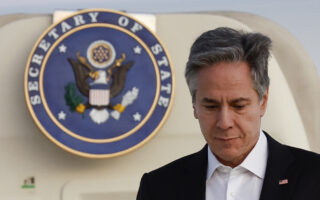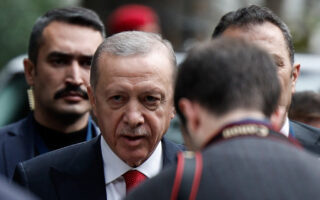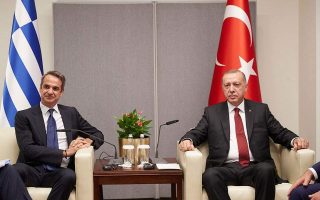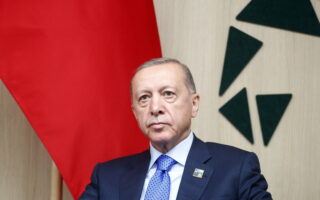Legitimate questions
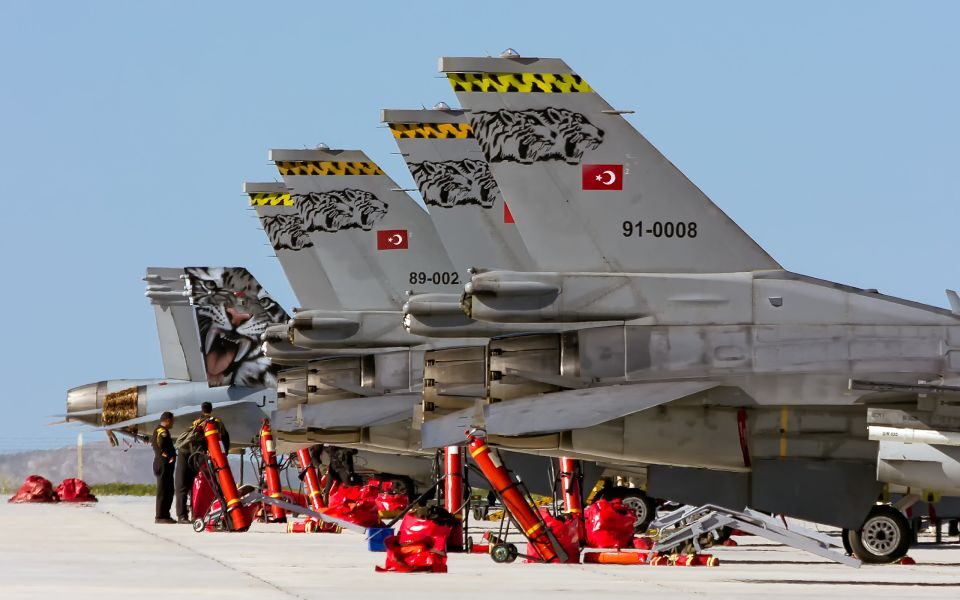
Greek-American relations hinge and will always hinge on Turkey. Despite attempts to idealize the situation, the reality is that this connection is undeniable. In the latest example underscoring this truth, Washington purposely delayed approving Greece’s request to purchase F-35 fighter jets until the completion of the F-16 deal with Turkey.
However, it is crucial to acknowledge that a significant number of decision makers in Washington have a strong conviction that the US must do nothing that could potentially upset its relationship with Turkey. This inclination is evident as they turn a blind eye to Ankara’s connections with Hamas and Iran. Turkish companies are not sanctioned, despite clear violations of the embargo against Russia. Even Turkey’s machinations concerning Sweden’s NATO accession are ignored. Overall, there is a willingness to excuse any questionable behavior on the part of their NATO ally.
The caution not to take any actions that might upset Ankara is apparent, such as choosing not to disclose the letter outlining conditions tied to the sale of F-16s. In all realism, were it not for the former chairman of the Senate Foreign Relations Committee, Democratic Senator Bob Menendez, Senator Chris Van Hollen, a handful of House members, and the Hellenic American Leadership Council (HALC), the discussion about conditions wouldn’t even be on the table.
These developments raise legitimate concerns for those closely following diplomatic affairs. Athens took a significant risk by wholeheartedly supporting Ukraine against Russia, without trying to maintain a balancing act in the Middle East or elsewhere. Additionally, it granted the US permission to establish military bases on Greek territory. While Greece received some compensation in the form of surplus material, the F-35s cannot be considered reciprocal because they will be paid for at a dear price.
The Biden administration’s approach to Greece and Turkey raises two questions among seasoned diplomats and analysts. Firstly, there is speculation about whether the “loyal” ally can be viewed as a “hooked fish.” Secondly, there’s uncertainty about how Washington would respond if Greece and Turkey were to once again teeter on the edge of conflict, as seen in incidents like the 1996 Imia crisis or the tensions in 2020. They are both legitimate questions.

